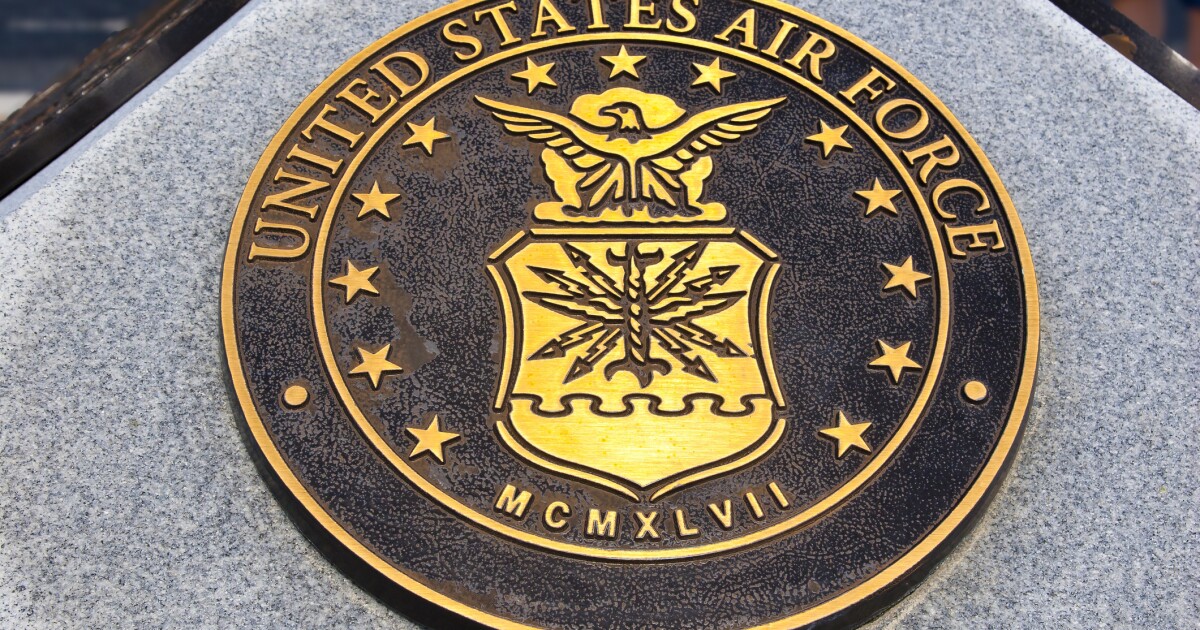

A nonprofit national security company is partnering with the Air Force to put on an e-sports event, the “GameX: Mission Generation Under Attack” tournament.
Participants will compete in the game Drone Guardians, which requires users to make “critical mission decisions” to defend “deployed locations” from “multi-domain attacks” while continuing fighter aircraft missions, MITRE, a nonprofit national security company, announced earlier this month. The game requires a mix of first-person shooter, strategy, and puzzle-solving skills for players to succeed, the organization said.
JIM JORDAN SUBPOENAS DOJ TAX OFFICIALS ASSIGNED TO HUNTER BIDEN CASE
Players also have to make tough decisions such as whether “to prioritize readying aircraft for launch over defending the air base or putting together a contested logistics strategy in order to ensure they have the supplies they need to complete the mission,” the statement added.
“Even without adversary intervention, military logistics networks can be brittle and chaotic while also having single points of failure, creating ripe opportunities for attacks,” said Eliahu Niewood, vice president of air and space forces at MITRE. “Plus, as the military plans and carries out the movement, supply, and maintenance of its forces, they easily could already be under attack in the next global conflict. GameX uses both military and civilian participants to test which logistics decisions will best enable the mission.”
The game is meant to “test Airman and Guardian decision making in a contested environment through video gaming,” the Air Force Installation and Mission Support Center said in a statement.
CLICK HERE TO READ MORE FROM THE WASHINGTON EXAMINER
These competitions will occur at Shaw Air Force Base in Sumter, South Carolina, on Sept. 22-23, MITRE’s headquarters in Virginia on Oct. 13-14, and at its regional office in San Antonio, Texas, on Oct. 21-22.
A number of U.S. service branches are struggling to meet recruiting goals as they seek to target teenagers and young adults. Defense officials have blamed the shortcomings on a variety of factors, including a smaller percentage of people who are eligible to serve due to mental health and physical requirements, a growing unfamiliarity with the military among the civilian population, and low civilian unemployment.





